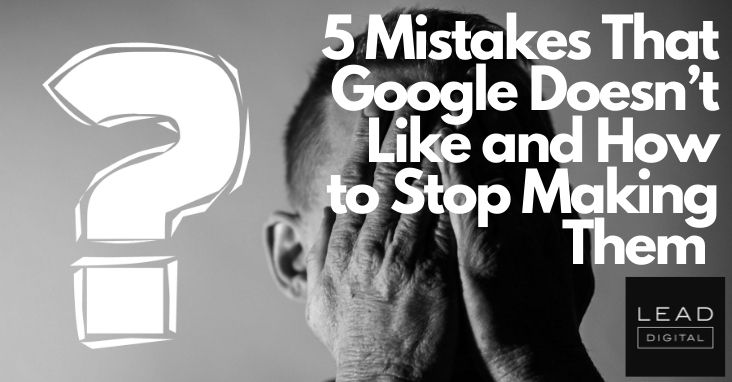With Google’s advancements, taking your pages to the next level requires you to work on more than keywords. Earning page one rankings demands a multi-tiered SEO approach that pairs content quality with site authority.
Here are five common reasons pages don’t rank higher – and what you can do to change that.
1. Pages with poor content quality
When someone says they want to rank in search results, I ask, “Do you really think that your content is worthy of page 1?” Most of the time, the answer is no. That’s one contributing factor explaining why 90.6% of pages get zero organic traffic from Google.

In the early days of SEO, the inclusion of the right keywords was all that was needed to rank. Now, Google understands how comprehensive, original, researched, and optimally organized your content is.
Poor quality content with all the right keywords doesn’t make the cut anymore.
How can you create – and signal – quality content? Incorporate these three ideas:
Semantic richness: Google doesn’t just look for single keywords. They look for synonyms, related terms, and subtopics with a semantic relationship to the primary keyword. Expand your content, including meta tags, to optimize for keyword clusters.
Topical depth: Google understands the comprehensiveness of content. Longer content tends to rank higher in SERPs. Plus, Google now digs deeper into web content to deliver search results. Its new Passage Ranking feature finds sections of text – and highlights them in the results – that answers the searcher’s questions. More in-depth content can mean more chances to rank
Interactive on-page elements: Tables of contents, expandable content modules, other interactive JavaScript, and video content all make pages better to navigate and more engaging for users. To address that, improve the page experience. Google will take notice and be more likely to rank it. – Read More




